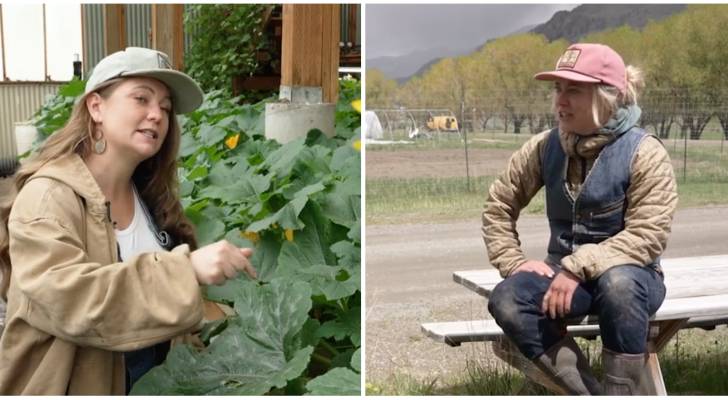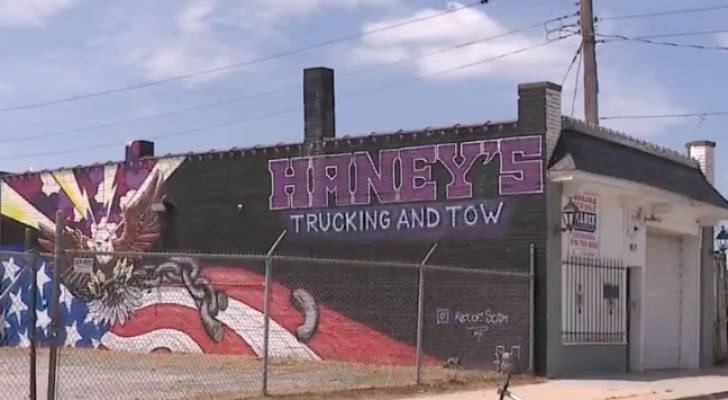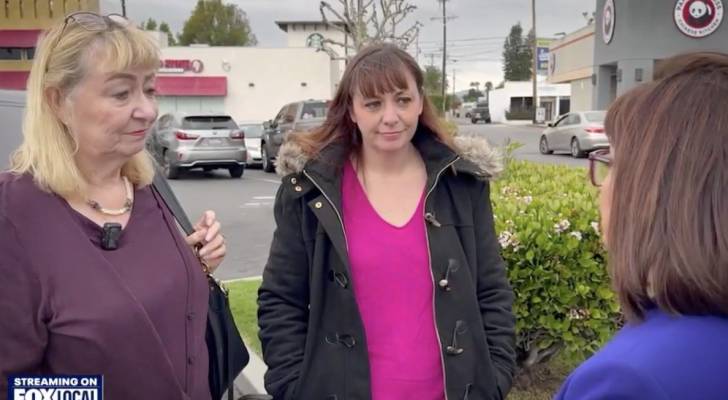Dr. Oz and RFK Jr. are promising to cure chronic insurance headaches — but experts say no scalpel is sharp enough to cut through ‘prior authorization’ red tape


If your doctor recommended a test or treatment only for your insurance provider to demand more paperwork first, you’re not alone. That obstacle, known as prior authorization, has become a notorious bottleneck in the U.S. health care system, delaying care and frustrating both patients and providers. About 16% of insured adults say they’ve run into […]
‘It doesn’t make any sense’: This Georgia homeowner’s HOA has been dinging her for years with fees of up to $2,700 — with no explanation. As foreclosure looms, legal help may be on the way
Homeowners in Channing Cove, a subdivision in Conyers, Georgia, are pushing back — demanding answers about where their mandatory HOA fees are going. Michelle Bernard has lived in the neighborhood for nearly two decades, but says she still feels like she’s fighting to own her home. The business owner, wife and mother is one of […]
This Montana duo needed help running their 10-acre farm so they turned to TikTok — and ended up with 4,000 applications. Here’s how they turned a shared dream into a sustainable reality


When you can’t find farmhands the old-fashioned way, it might be time to think outside the fence posts. That’s exactly what the founders of Yellowstone Farmstead did. The agricultural venture, nestled at the Montana side of Yellowstone National Park, began as Shugabeet Farms — a solo project launched by sixth-generation Maine farmer Sage LeBlanc. In […]
Kansas City woman wins $7.1M in landmark illegal towing case — after her truck was held for 699 days. Why one of her lawyers says it sends a strong message to the entire towing industry


Predatory towing has long been a thorn in the side of American drivers — whether their car breaks down at home or they’re forced to move it after a crash. But a Kansas City woman just won a $7.1 million judgment against a local towing company, sending a message to the U.S. towing industry: illegal […]
‘I saw the potential’: This 47-year-old spent $50K reviving 8 abandoned apartments — now they bring in $220K a year, but the hidden costs took her by surprise


It’s easy to fall for the charm and potential of a place like Minden, Louisiana — just ask Sara McDaniel. In 2020, she came across an opportunity to purchase an eight-unit, villa-style apartment complex that had been abandoned for nearly 40 years. By then, McDaniel was no stranger to real estate; she already owned over […]
Big Brother star’s real estate firm being sued in 11 states over claims of misleading agreements that cost homeowners thousands — why this type of contract is banned in more than 22 states


After turning heads on Big Brother, Amanda Zachman, the self-proclaimed villain of Season 15, stepped out of the spotlight and into real estate, founding brokerage firm MV Realty. But the controversy she stirred up on the small screen has followed her into her professional career. Don’t miss I’m 49 years old and have nothing saved […]
This 30-year-old tree named Donaldson may be researchers’ best shot at rooting out the deadly disease decimating Florida’s citrus trees — why they believe studying it may prove fruitful


When Americans think of fresh orange juice, they probably picture a glass poured straight from Florida’s sun-drenched groves. But for two decades, the state’s citrus industry has been under siege by a bacterial infection called citrus greening — wiping out 90% of its crop. Now, hope is budding on an unlikely branch: a 30-year-old tree […]
Fraudsters are using a $20 ‘distraction’ scam to steal thousands of dollars from victims — nearly $5,000 drained from 1 LA teacher’s bank account. Here’s how the ‘huge violation’ went down


It’s not every day a stranger insists on handing you a $20 bill you didn’t drop. But for Sarah — whose last name has been withheld, as reported by Fox LA — that’s exactly what happened on an ordinary Wednesday afternoon at a Ralphs grocery store in Van Nuys. "He came much closer to me […]
‘It was an eyesore’: City of Oakland clears homeless encampment, relocating 70 people to state-funded shelter — but advocates say crews moved too fast without offering sufficient supports


The City of Oakland has cleared a large homeless encampment on East 12th Street, relocating about 70 people to the Mandela House — a former hotel turned shelter, now funded through a state grant. The move marks one of the city’s most visible steps toward addressing homelessness, a crisis that has more than doubled in […]
This woman thought she was sending a teen $2 for a bottle of water on a hot day — until she realized he’d taken $1,100. And she’s not the only one who’s been scammed by Atlanta’s ‘water boys’


As the summer heat kicks in, nothing’s more refreshing than grabbing a cold bottle of water while you’re stuck in traffic. But for some Atlanta drivers, that quick sip has turned into a costly scam draining wallets faster than you can say “Cash App." So-called water boys — teens who hustle bottled water to passing […]
